By Rabbi Yair Hoffman for the Five Towns Jewish Times
The bracha that is recited on the Sukkah is “Blessed are You..who has sanctified us with His mitzvos and commanded us to sit in the Sukkah.” But what do these words actually mean?
THE RAMBAM
The Rambam (Hilchos Sukkah 6:12) writes that the words are quite literal. They mean to actually sit down. It is because of his understanding that he requires the blessing to be recited while standing – so that he can immediately sit down right before he performs the Mitzvah.
THE ROSH
The Rosh (Sukkah 4:3), on the other hand, understands the words “Laishev BaSukkah” to mean “remain within” rather than “to sit.” According to this translation of the blessing the remaining refers to every instance of being in the Sukkah – not just sitting in it. On account of this, the Rosh writes that the blessing should be recited immediately before the eating, since eating is the means of establishing oneself in the Sukkah.
THE RAMBAN
The Ramban has a third interpretation of the words “Laishev BaSukkah.” He understands it to mean “to dwell in it.” This is different than the Rosh’s understanding of “remaining in it.”
So how do we actually Pasken? The Shulchan Aruch (OC 643:2) rules in accordance with the Rambam. Yet the Ramah (ibid) states that the custom is to follow the Rosh and to bless while sitting.
THE PRI MAGADIM
The Pri Magadim, however, writes that even according to the custom of reciting the blessing while sitting, it is still a good idea to have the Rambam’s translation in mind when reciting the bracha.
The author can be reached at [email protected]




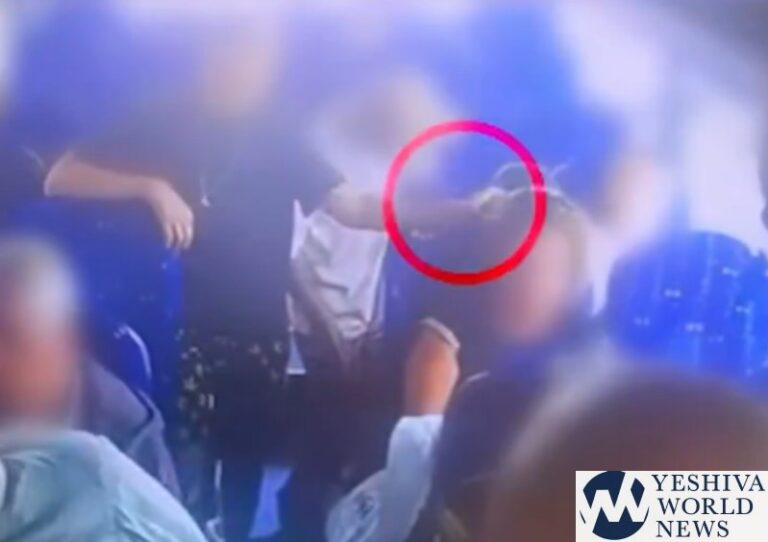
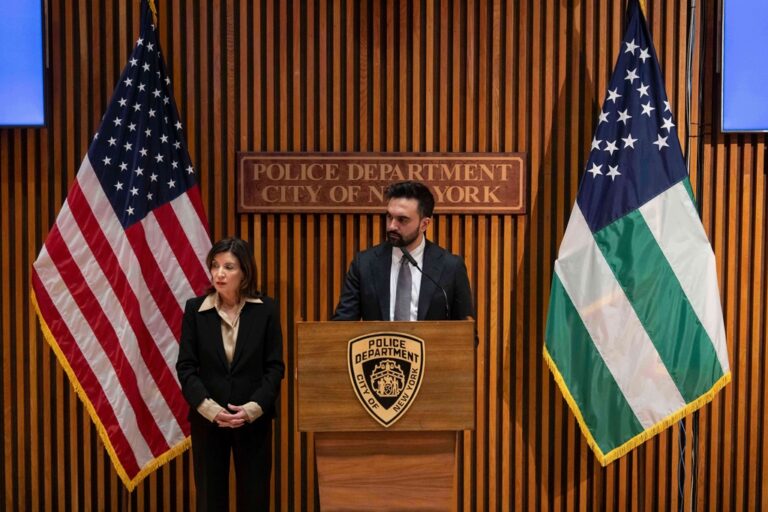
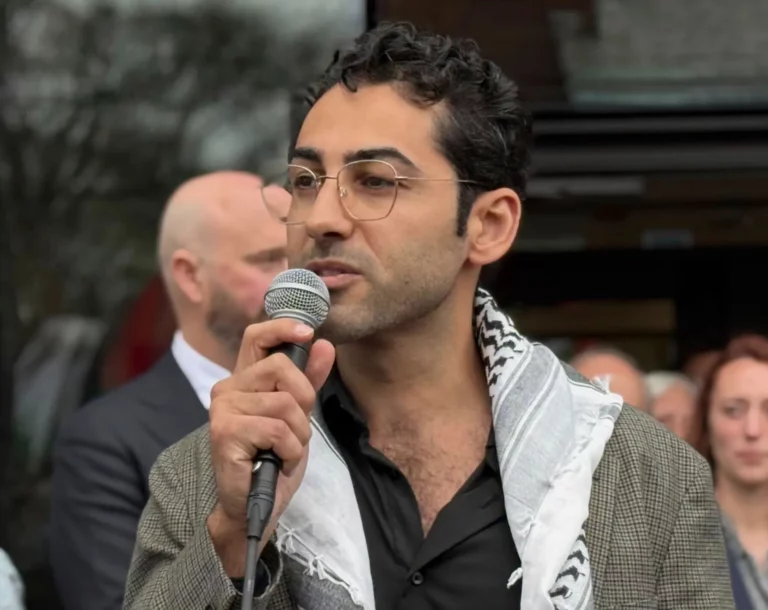

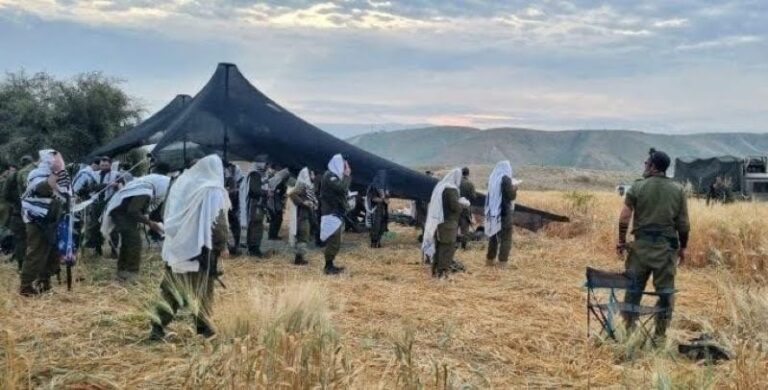

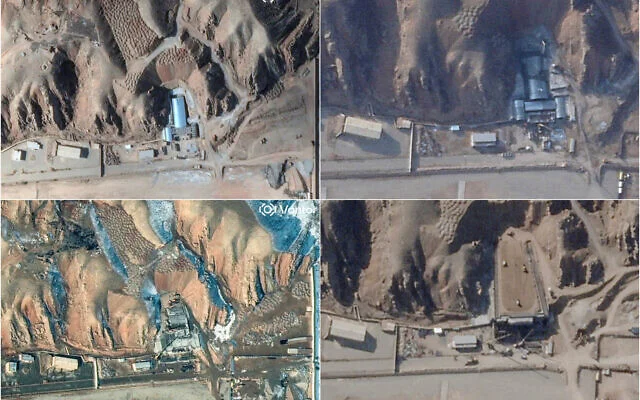

8 Responses
We can not know exactly what it means, because it was only in the time of Nechemia, approx. 800 years after arriving to Eretz Yisroel, that the Yidden noticed in Ezra’s copy of the Torah that there is such a thing as Succos. During the time of Yehoshua, the Torah got lost and Yidden did not anything to learn from until 750 years later (4 years before Churbin Rishon) when Yoishyo’ho found a Sefer Torah and from that Sefer they started translating and forming a set of rules of Mitzvohs, and Lo Sasehs.
That’s why we do find in the thousands of episodes that are related in Tenaach, any mention of anyone doing Tefillin, Tztzis, Birchas Hamozon, Shoifor, Sefiras Ho’omer, Bekurim, Pidyon Haben, Esrog, fasting on Yom Kippur, baking Matzohs, reading Parshas Amalek, Talmud Torah, Krias Shema morning and evening, Mezuza, Etc Etc.
perhaps rambam and rosh agree that leshev means to stay within or establish yourself within (since the rambam himself interprets the words of the torah as such (see, 6:5 of hilchos sukka where he says, ” וכל שבעת הימים, עושה אדם את ביתו עראי ואת סוכתו קבע, שנאמר “בסוכות תשבו, שבעת ימים”
The machlokes is therefore not over what the words mean but how one “establishes” himself in a location. rambam holds you establish yourself by sitting down (which is why he requires kiddush in general to be made while sitting) while the rosh holds that eating is what makes you kavuah in a place. therefore, even the rambam will possibly agree that besides sitting there may be other ways to koveya yourself. he recommends you stand and say leshev and then sit because this is the surest way to be mevureich before the assiyuh.
ader- you comment smacks of kefira. Firstly, you comment is against a Posuk in Molachim which says that the Torah was only lost for 50 years. Not the 750 years that you say. Secondly, We believe in something called Torah Shba’al peh which means that Moshe past down Mitzvos. See the Rambam in his Hakdama to Mishnayos who says that all mitzvos with the explanation how to do them without that, we couldn’t do mitzvos. We didn’t just pick of a Sefer Torah translate it and learn the torah out from it. Thirdly, it is against all of Chazal (and mefarshei Nach) who learn many stories in Tanach relating to doing Mitzvos. I hope you do teshuva on this completely incorrect and quite probably kefirah (not to mention illogical) hashkafa.
To #3
When learning Naach, we don’t bump into anyone doing any of the above Mitzvohs mentioned in comment #1. Furthermore with all Mitzvohs relating to Kodshim, TaHaros & Zro’im, they should have been busy with Mitzvohs 75% of their lives, but nothing is mentioned in any Pesukim.
No mention in the Posuk of why Shlomo did not fast on Yom Kippur. No mention of Parshas Zochor when Shmuel told Sho’ul to kill Amalek.
Learn and be Medayek in the Pesukim in the end of Sefer Melochim and Divrei Hayomim, when Yoishiyohu found the Sefer Torah and you’ll see that he begged the Yidden to start doing the things that “says in this Sefer Torah”.
See Yecheskel and you’ll see that he had a complete different understanding of the Halochos than we learn today, because that was the time that things starting to be crafted.
We would have liked, that a Posuk should say somewhere that, Dovid was in middle of Leining Krias Shema or picking up Mezuzahs from a Soifer, or somebody writing a Get; but things aren’t according to our taste or logic.
Ader your theory is cute but many of us here have a different tradition. You seem to me no different than the Christians who try to convince me that Jesus is alluded to in the neviim. No amount of circumstantial evidence will convince me of the Jesus story and no amount of circumstantial evidence will convince me of your very not Jewish theory. You may have missed a point made by Yosi. As Jews we believe in the oral Torah given at har Sinai. Meaning even if the written Torah was lost or not even around until the end of the first temple (which is not what I am advocating) our religion believes that the Torah she beal peh was given at har Sinai and included all of the mitzvos you listed plus more. This is not the time or place to explain why your evidence can be just as rationally explained differently but suffice to say your theory is not a Jewish one. We are Jews.
ader- you have already made you point about not seeing pesukim about mitzvos in Tanach I explained that as an observant Jew I believe in chazal and their explanations. Anyway, you have no answer to the clear posuk in Melochim only 50 years the torah was lost. Not 750. Just respond to that…don’t tell me “but we don’t have any pesukim about them waving lulav and esrog…” just respond to that. Not to mention, pls explain what you think Torah Shb’al peh is. Again, pls reconsider this incorrect and kefira filled approach.
Ader is a complete heretic and NOT A BELIEVING JEW. Uncooked wine that he moves is treif.
The Torah was NEVER lost, and throughout the 850 years from when we entered the land until the churban almost EVERY Jew (including those who also served avoda zara!) kept all the mitzvos. The gemara tells us this, and therefore we know that it is true. Under Chizkiyahu, when according to Ader the Torah was unknown, Chazal tell us that there was not a child in Yehuda who was not famliar even with hilchos Taharos, which we find so difficult to understand! We are REQUIRED to believe that, just as we are required to keep Shabbos.
Shlomo did of course fast on Yom Kippur, every year from his bar mitzvah until his death, except the one year when the fast was suspended, NOT out of ignorance that it existed, but on Hashem’s direct instructions. Again, we know this because Chazal tell us, and believing them is NOT OPTIONAL. מכחיש מגידיה is a heretic, and that is Ader.
The scroll that was found in Yoshiahu’s time was an original scroll that was written by Moshe Rabbenu himself. THAT COPY had been lost, and finding it was a huge event. And when they opened it they found it rolled to the Tochacha, which they correctly took as a warning that if they did not do teshuva the curses would come true. That is why there was a big his’orerus teshuva. Chas veshalom to say that the Torah itself had been forgotten!